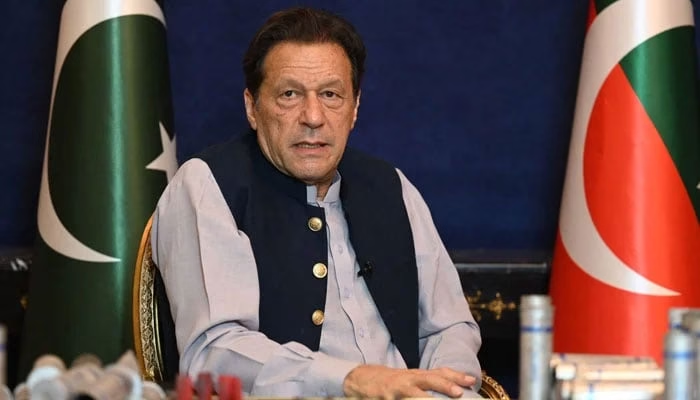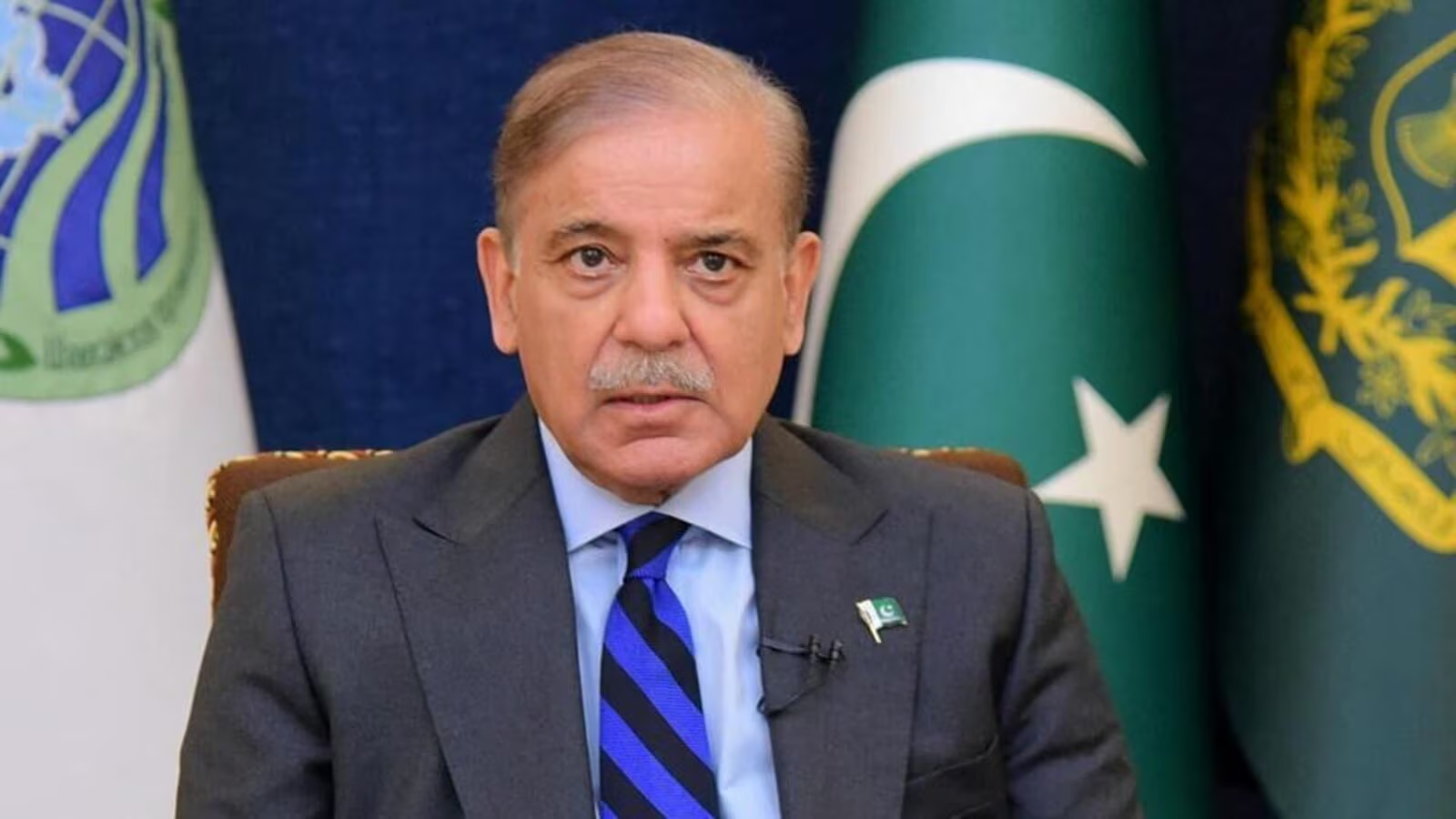A delegation from the Jamaat-e-Islami (JI) recently met with the former Chief Minister of Sindh, Justice (Retd.) Makhdoom Mubarak, to discuss concerns regarding the lack of authority granted to municipal representatives. The JI delegation expressed their discontent over the limited powers delegated to local government representatives and called for immediate empowerment through ordinances.
Hafiz Naeem ur Rehman, a spokesperson for the JI, articulated their stance, emphasizing the need to grant elected representatives the authority they deserve. He suggested that the necessary powers could be conferred swiftly through the promulgation of ordinances.
Highlighting a specific case, Hafiz Naeem ur Rehman mentioned that in Surjani Town, a local government unit in Karachi, there are 30 PMTs (Pump Maintenance Technicians) operating within the Kunda system. The Kunda system refers to the unauthorized tapping of electricity, and it was implied that electric utility workers were involved in this illegal practice.
The JI delegation also raised issues concerning water supply, sanitation, cleanliness, and electricity problems in Karachi during their meeting with the former Chief Minister.
In response, Justice (Retd.) Makhdoom Mubarak assured the delegation that measures would be taken to strengthen and fortify the municipal system. He explained that once the local government system is fully functional, all powers would be devolved to the grassroots level, ensuring a more efficient and responsive system of governance. He emphasized that necessary steps were being taken for the betterment of the public.
The discussion between the JI delegation and Justice (Retd.) Makhdoom Mubarak highlights the ongoing debate over the devolution of powers to local government representatives in Pakistan. Local government elections and the extent of authority granted to municipal bodies have been key points of contention in the country’s political landscape.
Efforts to empower local governments and enhance their ability to address community issues are crucial for effective governance and the delivery of essential services. The meeting signifies a push for greater decentralization and local autonomy in decision-making, which is seen as vital for addressing the needs and concerns of Pakistan’s diverse communities at the grassroots level.



